With the Omicron subvariant BA.2 spreading across Europe and Asia, experts warn a surge is expected in the U.S. “Even though I know the likelihood is all of us are going to be exposed to some extent, all of our actions play a role in making sure that wave is not quite as high as it might be if we were throwing total caution to the wind,” says Kirsten Bibbins-Domingo, Ph.D, UC San Francisco COVID-19 Community Public Health Initiative head and chair of the department of epidemiology and biostatistics at UCSF. “We all still have a responsibility to do all we can. To put our little brick in the wall, to create some wall to protect those people for whom, no matter what happens, they will continue to be at risk. The only thing we can do as a community is to try to reduce some amount of that transmission that’s occurring. That is still front and center in my mind.” Here are five ways to prevent getting infected with BA.2, according to doctors. Read on—and to ensure your health and the health of others, don’t miss these Sure Signs You’ve Already Had COVID.
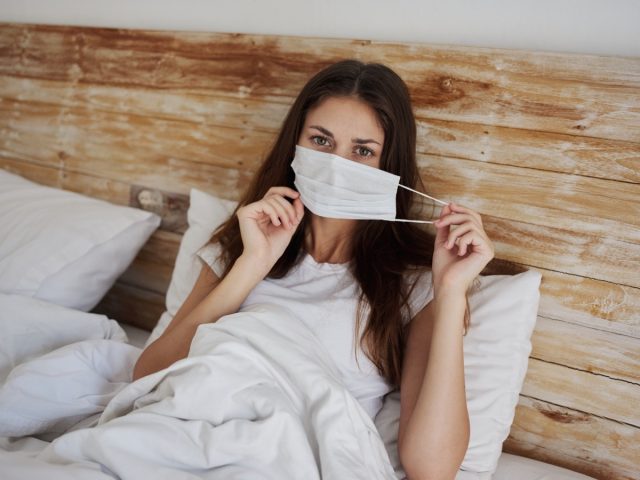

If COVID-19 cases are surging in your area, experts recommend going back to wearing a mask, even if mask mandates have been dropped. “If you don’t want to count on luck, get vaccinated and boosted, wear masks when cases rise near you and take care with people with higher risk factors,” says Andy Slavitt, former senior advisor on COVID-19 with the Biden administration.
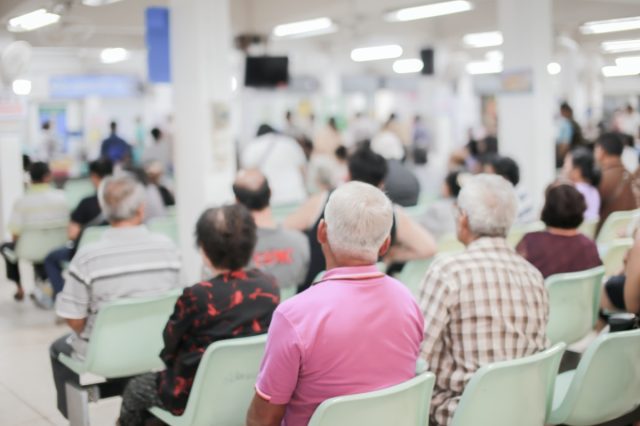

Distancing yourself from events with large crowds may help prevent getting Omicron, doctors say. “The rate at which Omicron has taken over Delta is remarkable and shows how much more transmissible this variant is,” says David A. Wohl, MD, Co-Leader of COVID-19 Treatment Studies at UNC Medical Center. “What worked to avoid Delta infection may not be enough to prevent catching Omicron so people should be vigilant with masking and distancing, and, of course, being vaccinated.”
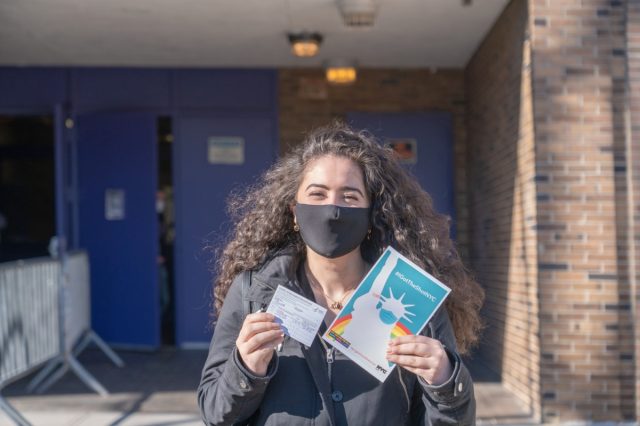

Vaccination is still by far the strongest tool you can use against getting infected by Omicron and other variants. “Omicron is not mild. The only reason it appears mild is because we have excellent vaccines. If we didn’t have the high vaccine coverage we have in NZ, we would be in a truly dire situation right now,” says Professor Michael Plank, Ph.D.
RELATED: Here’s Who’s Getting Omicron Now
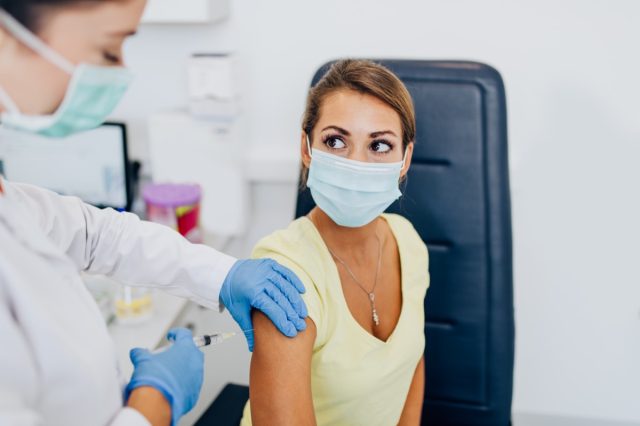

Boosters are key in getting extra support and protection from Omicron. “The protection offered by the FDA-approved and authorized vaccines is very powerful, but it starts to weaken after two months for the Johnson & Johnson vaccine, and after five months for the Pfizer and Moderna vaccines,” say Lisa Maragakis, M.D., M.P.H., and Gabor David Kelen, M.D. “Getting a booster shot extends the protection, even against the delta and omicron variants. The CDC recommends that people who are vaccinated get a booster dose when they are eligible, and that they stay up to date with COVID-19 vaccinations.”
RELATED: Sure Signs You Have Atrial Fibrillation, Say Physicians
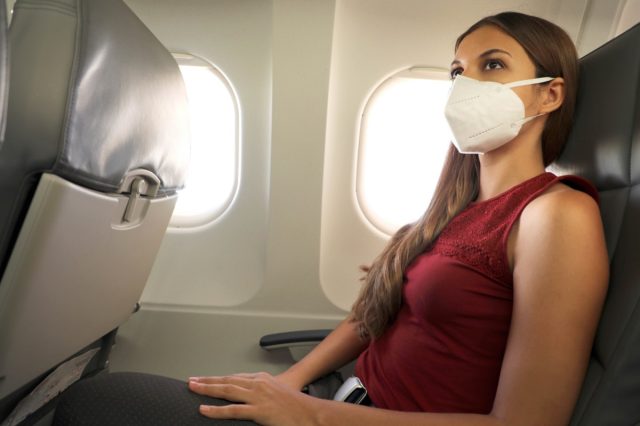

“Traveling certainly entails risk, but you can reduce that risk by making sure you are vaccinated and boosted,” says Dr. Leana Wen, emergency physician and professor of health policy and management at the George Washington University Milken Institute School of Public Health. “Wearing a mask in crowded indoor settings further reduces risk. In the United States, follow the CDC guidance and make sure to wear a mask in areas that have high Covid-19 community levels. If you are planning international travel, know the rules, including whether you have to have proof of vaccination or a recent negative test.”
RELATED: Here’s What Lyme Disease Feels Like, Say Physicians
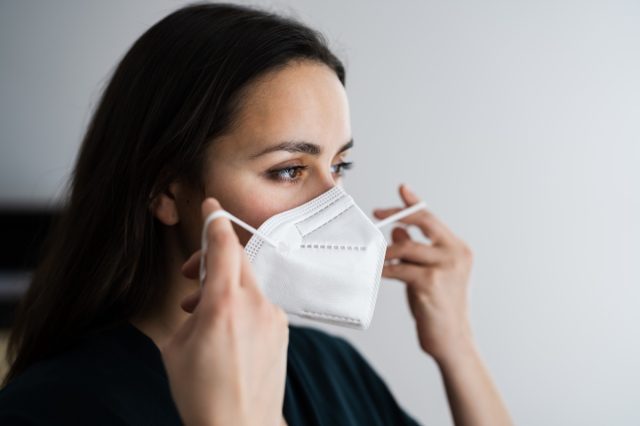

Follow the public health fundamentals and help end this pandemic, no matter where you live—get vaccinated or boosted ASAP; if you live in an area with low vaccination rates, wear an N95 face mask, don’t travel, social distance, avoid large crowds, don’t go indoors with people you’re not sheltering with (especially in bars), practice good hand hygiene, and to protect your life and the lives of others, don’t visit any of these 35 Places You’re Most Likely to Catch COVID.